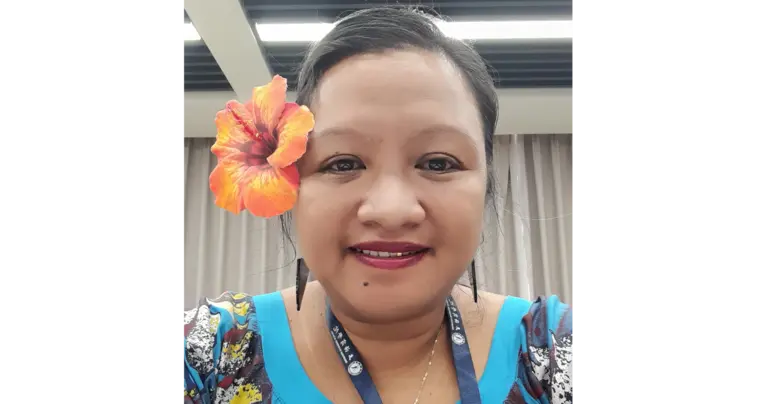Insurance for farmers, fishers in first for Samoa
 By Talaia Mika
•
17 October 2023, 4:56PM
By Talaia Mika
•
17 October 2023, 4:56PM
The first-ever parametric micro-insurance product has been launched, making Samoa the fourth in the Pacific to have it, targeting low-income farmers and fishers while also combating climate change.
Held at the Taumeasina Island Resort on Tuesday, the Minister of Agriculture and Fisheries, La'aulialemalietoa Polataivao Schmidt officially unveiled the product for purchase with five farmers and fishers already completing their sign-in process.
La'aulialemalietoa, in his keynote remarks, acknowledged the initiative which will benefit most farmers and fishers in the country and emphasised it also caters for those on the lower level who do not earn enough income.
"Samoa Surety Insurance Ltd, UN Capital Development Fund (in the Pacific), Pacific Insurance and Climate Adaptation Program (P.I.C.A.P.) for developing and introducing to Samoa a financial instrument for the first time that will be crucial for building disaster resilience and preparedness for Samoan people against climate hazards which has become ever frequent and severe for us all in the Pacific and mainly in Samoa," he said.

"Over the last two years, the P.I.C.A.P. introduced parametric insurance products and innovations and they will mobilise the private sector in Fiji, Tonga, and Vanuatu.
"This product we have launched today for the first time fills a market gap as for the first time in the history of Samoa, the insurance industry has a parametric microinsurance product that guards against climate hazards and is now available for purchase."
Laauli also emphasised that with the parametric microinsurance, the farmers and fishers only get to pay SAT$1.30 per week or SAT$70 annually.
Regional Technical Specialist for the UN Capital Development Fund, Praneel Pritesh said in his opening remarks the programme worked collaboratively with Samoa Surety, the Government of Samoa, and the Central Bank of Samoa, to add new and more accessible resilient-building insurance products to Samoa's financial toolkit.
"The expansion into Samoa with the launch of the country’s first parametric insurance pilot product represents a programme that is growing in both size and stature, with endless possibilities and potential for the future," he added.
"Now as P.I.C.A.P. expanded its initiatives to Samoa, our focus was on creating a tailor-made and sustainable solution for the specific needs of the Samoan communities. To achieve this, we conducted thorough research and engaged in open dialogues with beneficiaries, private insurers, and regulators.
"Our efforts in Fiji have resulted in the development and launch of a scheme that provides insurance cover to farming groups against tropical cyclones, with payments triggered and paid out before damage occurs based on early warnings. We plan to explore similar opportunities in Samoa and are committed to launching more initiatives like the parametric microinsurance product."
Mr. Pritesh acknowledged the Government of Samoa through the Ministry of Agriculture and Fisheries for its support, the Central Bank of Samoa for the consultative workshops, and its work to enable a conducive environment for such financial innovations to be introduced.

Samoa Surety was acknowledged for being a private sector partner in the work towards achieving the SDGs, while Digicel and Vodafone got a mention for allowing them to leverage their mobile money digital solutions to make these crucial payouts. The governments of New Zealand, Australia and the United Kingdom were also acknowledged for their ongoing support of this initiative.
The ceremony was also attended by the High Commissioners of Australia, Britain, and New Zealand to Samoa as well as the Acting Governor of the Central Bank of Samoa, Gilbert Wongsin and other guests.
Meanwhile, the five farmers and fishers who initially signed up for the product were presented with certificates at the launch to mark the start of their journeys with the parametric microinsurance cover.
 By Talaia Mika
•
17 October 2023, 4:56PM
By Talaia Mika
•
17 October 2023, 4:56PM











